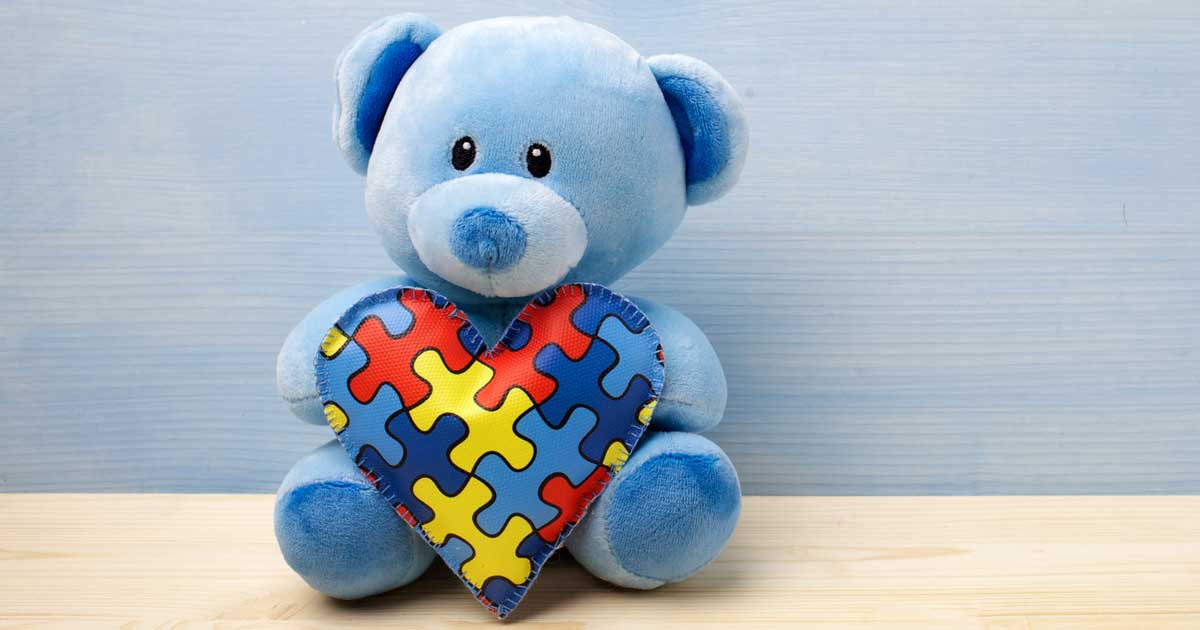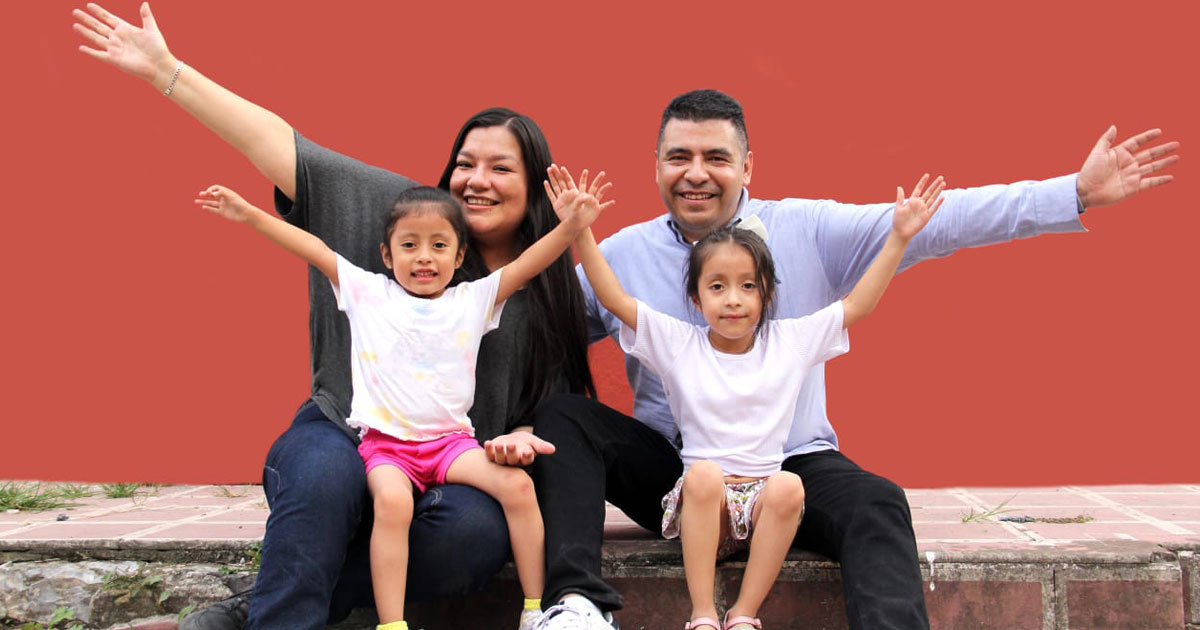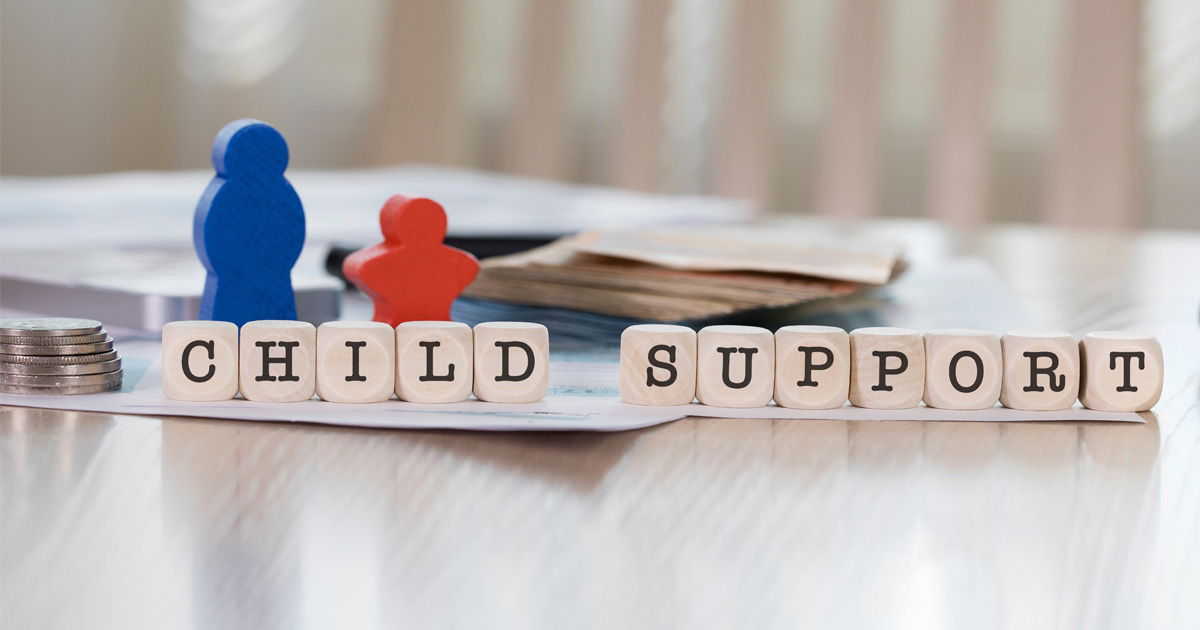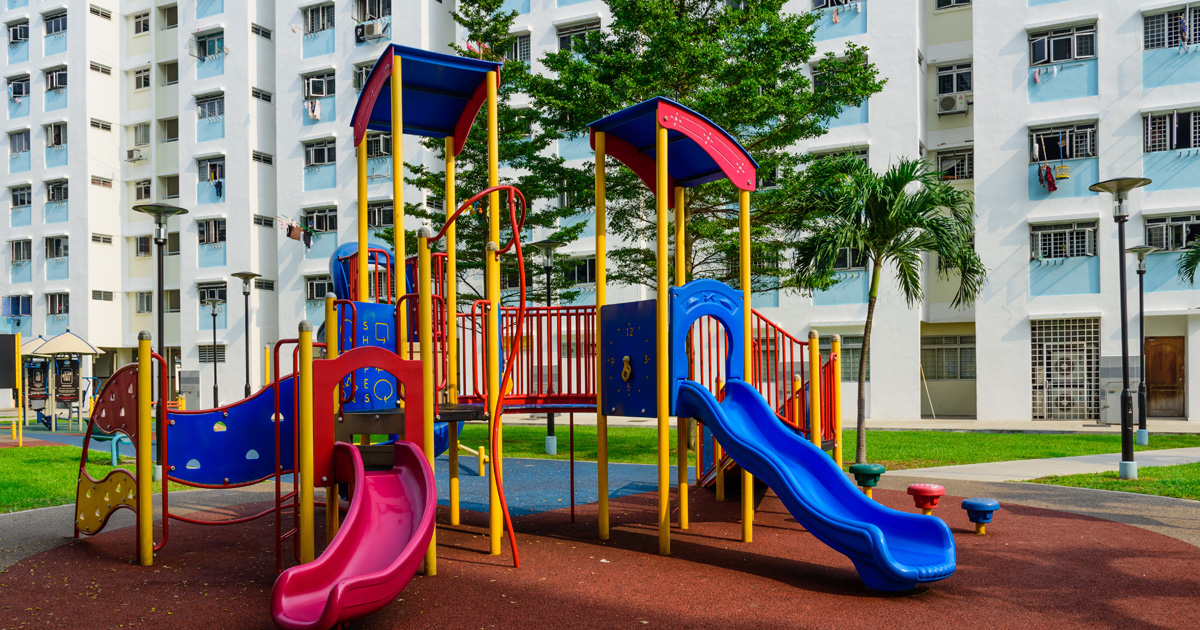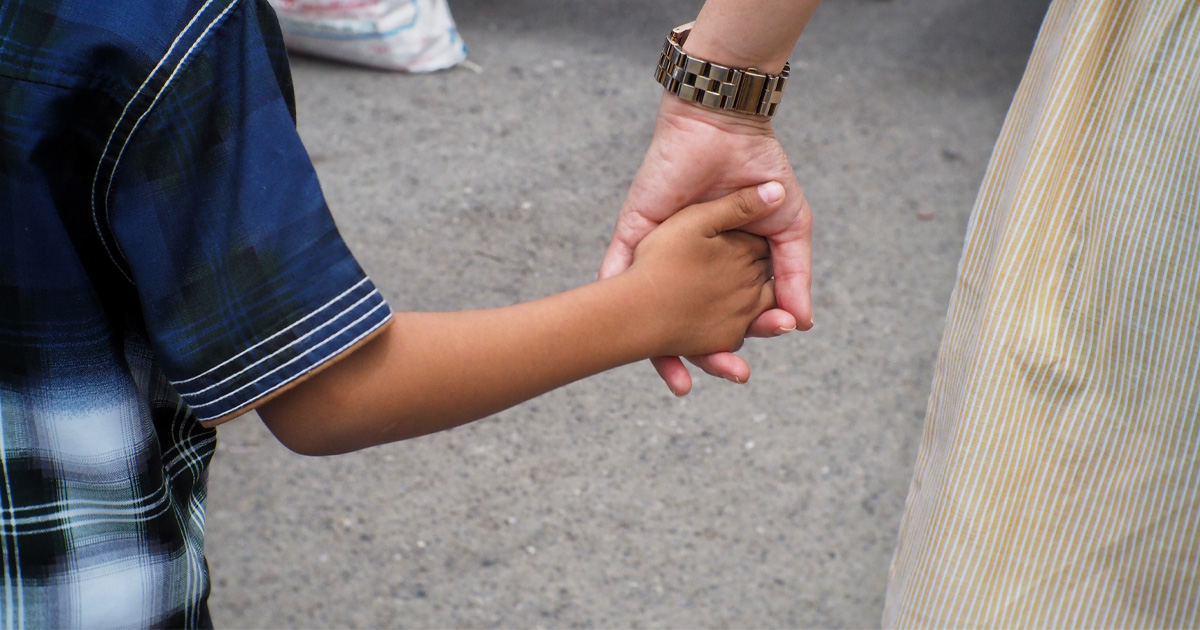Divorce disrupts the entire family, while children often bear the brunt of the emotional upheaval and parental conflict. Right from the altered living situation to child custody, the situation is frustrating, scary, and confusing for children of divorce.
However, children are naturally resilient and do bounce back. With supportive parenting strategies and proactive steps, parents can minimize the psychological impact of divorce on children.
Impact of divorce on children
Younger children may worry that their parents may not love them anymore and struggle to understand the changes in their daily routine or why they have to live with one parent. School-going children may believe that the divorce was their fault, while teens get angry and may resent or blame one or both parents for the situation.
While each family and each child is unique, studies show that divorce disrupts the child’s competence in multiple areas of life. From education, family relationships, physical and emotional well-being to future earning power, divorce is associated with a higher risk of negative outcomes for children.
Some of these effects include:
- Emotional distress
- Lowered self-esteem
- Poor academic performance and learning difficulties
- Increased school absenteeism
- Poor physical health
- Higher risk of attention deficit and hyperactivity disorder
- Behavioral issues
Conscious co-parenting that involves both care and control is key to avoiding these harsh consequences of divorce.
Take care of yourself
Although this seems like a selfish thing to do, self-care is the most important aspect of protecting children during divorce. Remember how the flight attendant asks you to put on the oxygen mask before helping others?
You can take better care of your children when you are emotionally, physically, and mentally strong.
Exercise regularly, prepare healthy meals, and spend time with your friends and loved ones. Do the things that make you happy and reach out to counselors or therapists if you feel you need extra support.
Don’t ask them to choose
Avoid creating a situation where your kids are forced to choose between you and your partner. Asking them which parent they like best or using them as messengers to communicate with your partner will increase stress and anxiety in your child.
Ensure quality time with each parent
Unless there are serious concerns regarding your child’s safety, it is important for your children to spend quality time with both parents. When children have to frequently shift from one home to another, it adds to their confusion and anxiety.
While either of the parents may be taking up a new residence, ensure that the physical spaces created for the children or the new residence feel like home.
Do your best to determine how you and your partner can best manage caregiving tasks and child custody access without disturbing your children.
Adhere to routines
Your children are already used to certain routines and rules. Adhering to these familiar routines post-divorce will help them feel secure. If there is an unavoidable change, explain this to them while providing emotional support through the change.
Provide financial support
One of the fallouts of a divorce is the change in the financial situation of one or both parents. Children suffer the consequences when they do not receive adequate financial support from their parents.
Have an open discussion with your ex about protecting your child’s lifestyle and financial status that they were used to before the divorce. This calls for both parents to be responsible for timely child support payments and managing shared expenses.
Empower your kids
Listen attentively to your child’s concerns and thoughts while responding with empathy and love. Teach your children coping skills that help them develop mental strength and overcome guilt, anger, or shame.
Empower them with coping strategies, such as cognitive restructuring, problem-solving and anger management skills. Take professional help if needed to ensure your child learns healthy ways of managing their thoughts, emotions, and behaviors.
